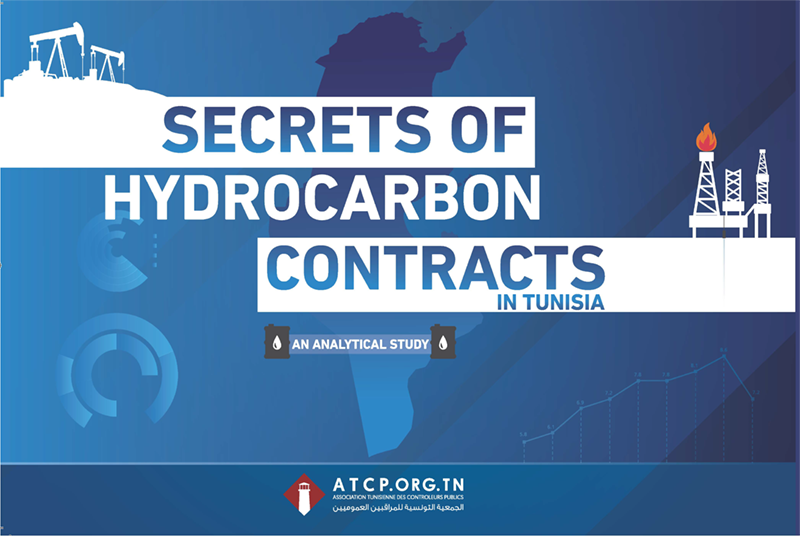El Kamur, Om Shiah, Kerkenna, Argub, Douz … regions that have become famous for their successive protests since 2011 about the management of natural resources in Tunisia. The reasons for protests are summarized by a young man from the village of Faouar in the Governorate of Kebili in southern Tunisia, nearby several oil wells: “we see every day trucks carrying crude oil on this road, but our social conditions have not changed. The only thing we see in this region is poverty, unemployment and the lack of development projects.”
During other protests in 2017, some residents of the Governorates of Tataouine and Kebili shutdown oil pumping stations, most famously Al Kamur pumping station on May 20, 2017, pushing the government to fulfill some of their requests after a more than one-month shutdown, reducing oil production by half from 46,000 barrels in January 2017 to 23,000 barrels in August 2017.
At first glance, the protests may seem to be socially motivated, rising unemployment rates and the absence of development in oil producing regions. However, another less visible reason expressed by some protesting youth and NGOs active in this field, may have also sparked the protests. Youth asked for the truth about the actual size of natural resources and their revenues, with growing talk about corruption in this sector and secret agreements to loot the country’s resources.
After a longstanding call by CSOs to reinforce transparency in this opaque sector, said to have been mismanaged for many decades, the Tunisian Government published all hydrocarbon contracts in Tunisia. This decision, issued by the Minister of Energy on 14 June 2016, reflects the Tunisian Government’s commitment to the 2014-2016 Open Government Partnership (OGP). Tunisia is considered as one of the rare countries that published hydrocarbon contracts without being a member of the Extractive Industries Transparency Initiative (EITI).
This analytical report is one of the first comprehensive analytical study of these contracts, aimed at reinforcing civil society’s auditing role in a technically complex sector.











